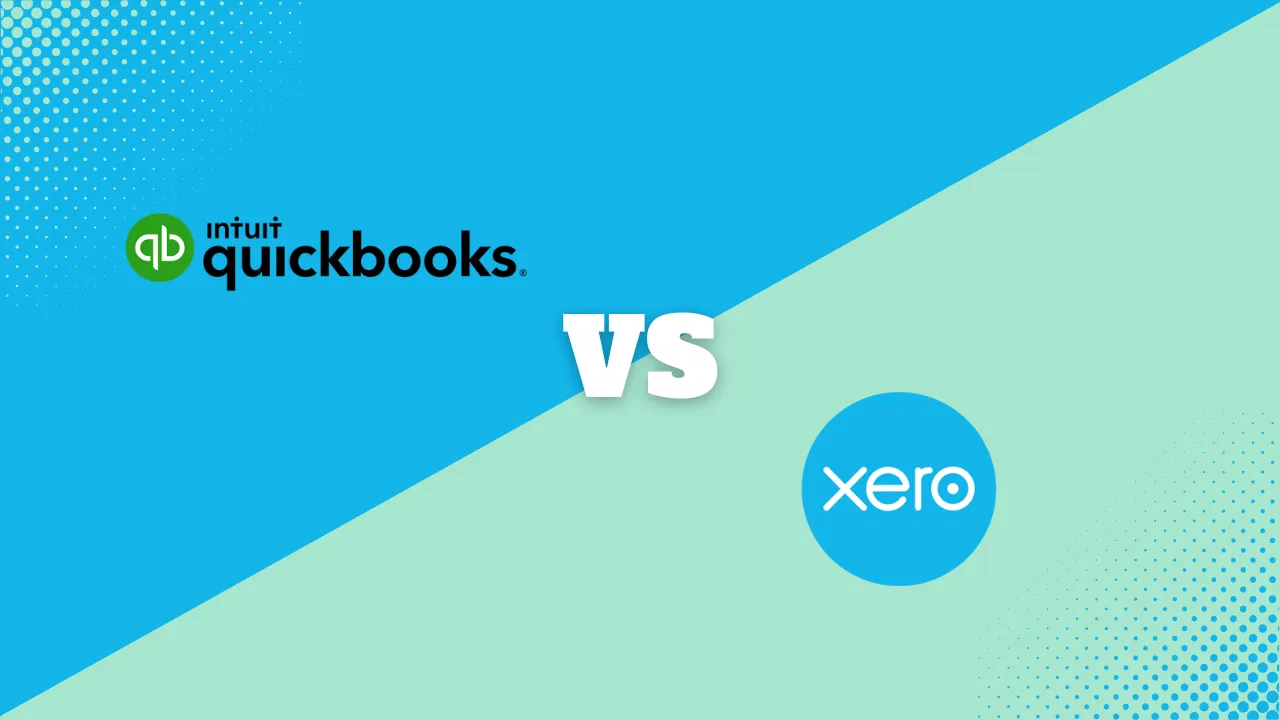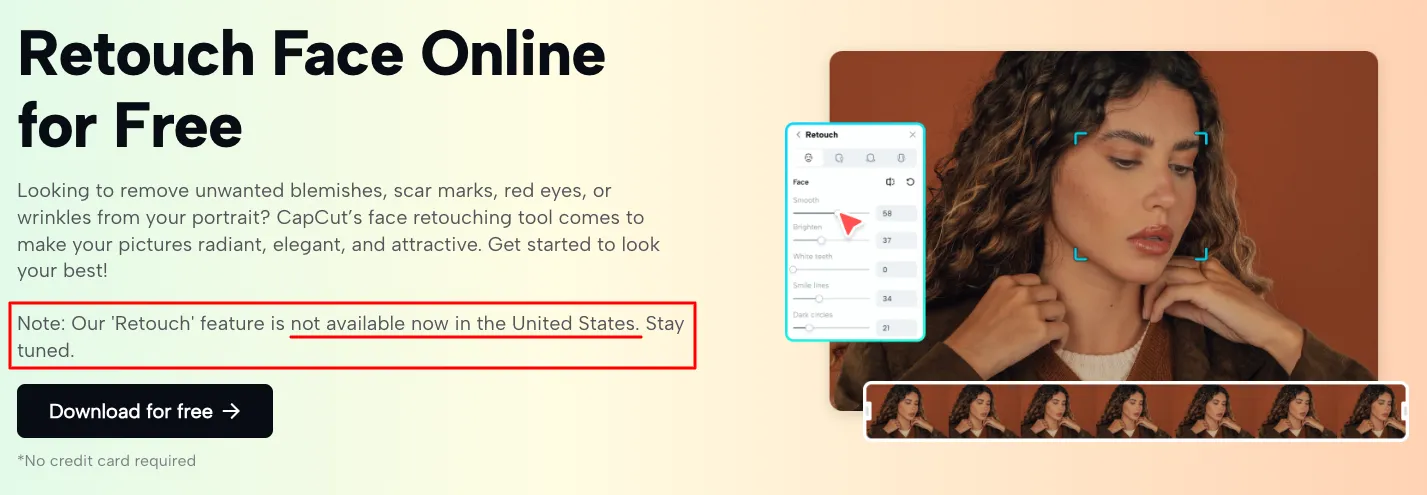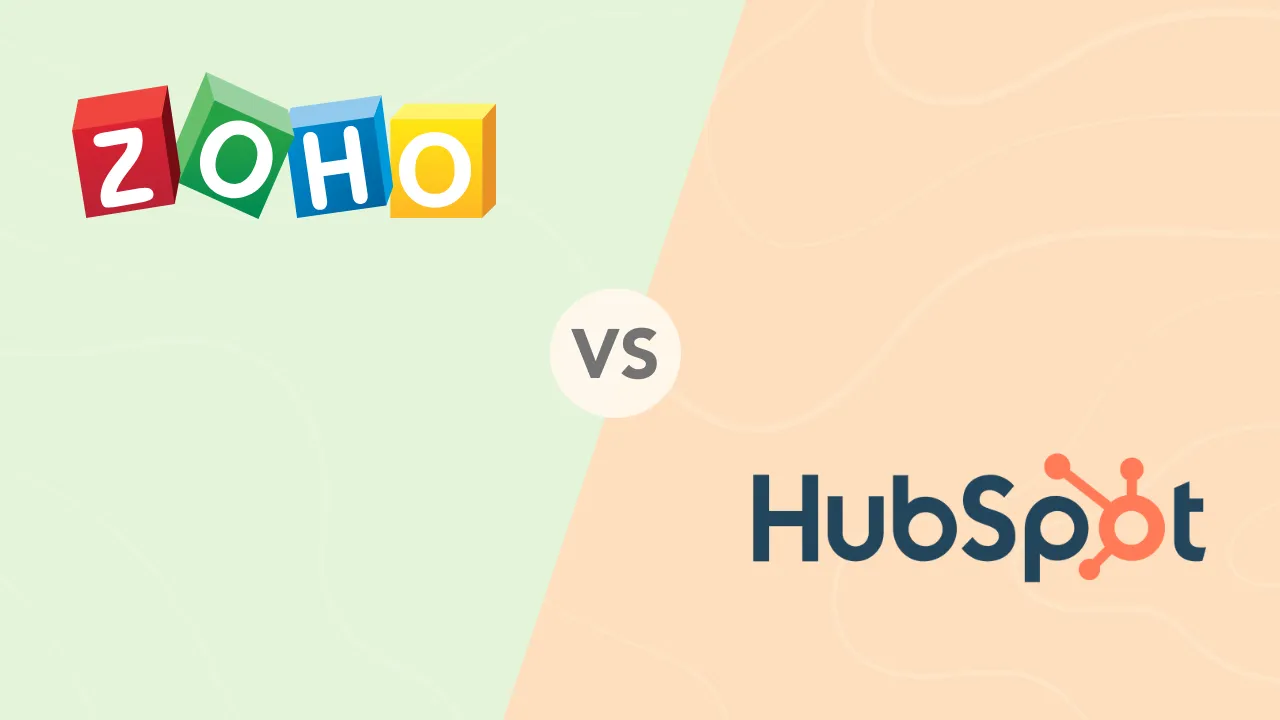Salesforce pricing explained: How much does it really cost?

If you’ve tried to make sense of Salesforce pricing and ended up more confused than when you started, you’re not alone. Between different clouds, tiers, add-ons, and per-user models, figuring out how much Salesforce really costs can feel like trying to solve a jigsaw puzzle with missing pieces. At the low end, plans like Salesforce Starter Suite begin at $25 per user, per month. But for popular mid-tier options such as Sales Cloud Professional, you’ll pay $100 per user, per month, and Enterprise jumps to $165. Top-tier Unlimited plans can reach $330 per user, per month — and that’s before you factor in custom-priced products like Marketing Cloud or costly add-ons like Einstein AI.
This guide breaks it all down clearly: what Salesforce costs, what you’re actually paying for, and how to choose the right plan without overspending. Whether you’re a solo operator or managing a 20-person sales team, we’ll help you cut through the clutter.
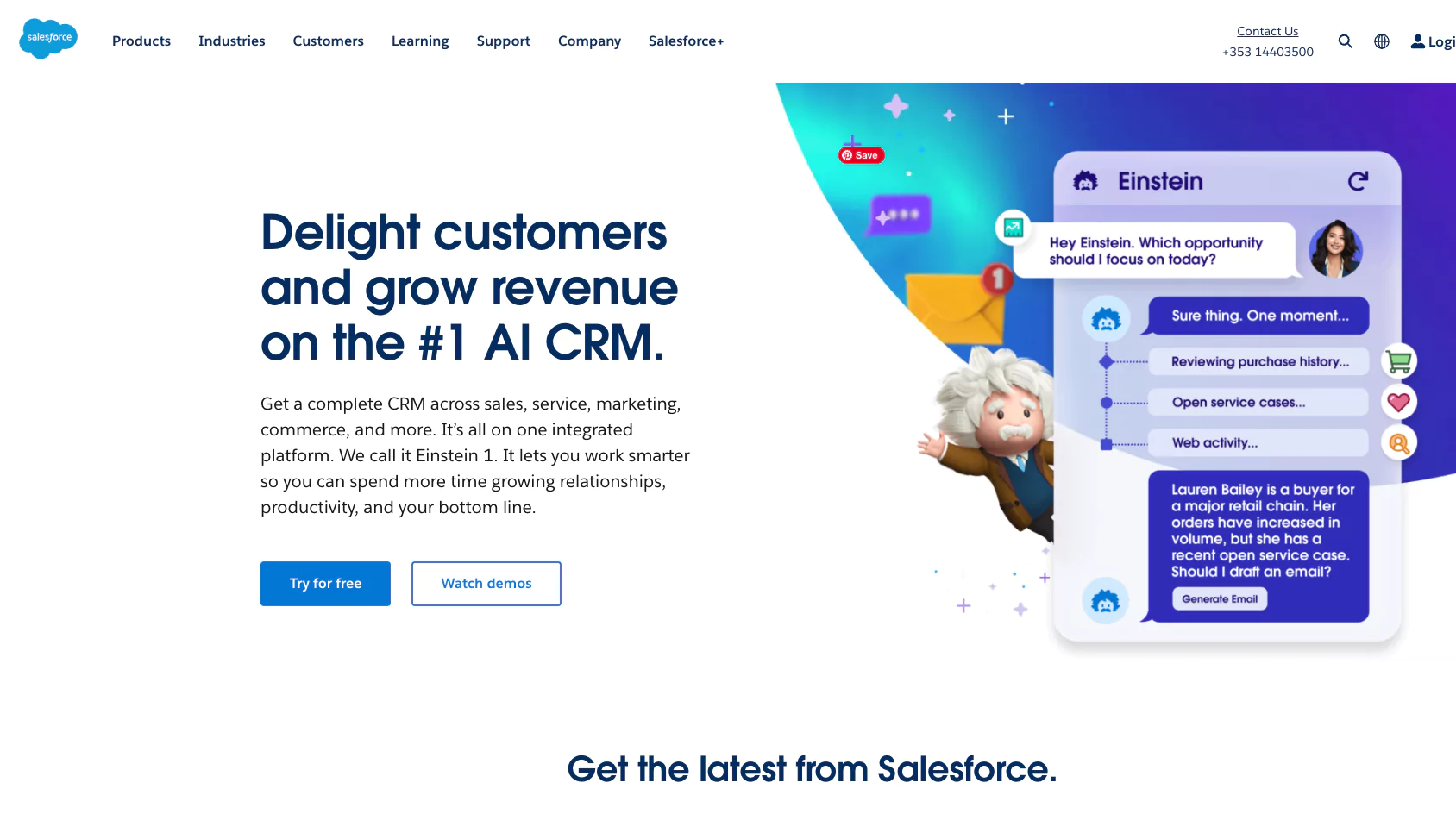
TL;DR: Salesforce pricing isn’t cheap or simple, but it can be powerful if it fits your business needs. Know your must-haves, price out your real usage, and don’t forget to include the add-ons. For small businesses, the Starter Suite may offer the best value without overwhelming complexity.
Salesforce pricing at a glance
Before we dive deep, here’s a quick snapshot of Salesforce CRM pricing by product and plan. These are per-user, per-month costs, billed annually:
|
Product |
Starter |
Professional |
Enterprise |
Unlimited |
|
Sales Cloud |
$25 |
$100 |
$165 |
$330 |
|
Service Cloud |
$25 |
$100 |
$165 |
$330 |
|
Marketing Cloud |
N/A |
Custom pricing |
Custom pricing |
Custom pricing |
|
Commerce Cloud |
N/A |
Custom pricing |
Custom pricing |
Custom pricing |
|
Platform Starter |
N/A |
$25 |
$100 |
$200 |
|
Starter Suite |
$25 |
N/A |
N/A |
N/A |
Note: Most prices require a 12-month commitment and come with a minimum number of users.
How Salesforce pricing works
At its core, Salesforce uses a per-user, per-month model across most of its products. But unlike many other CRMs, Salesforce pricing comes with layers:
- Clouds: You choose based on your team’s function — sales, service, marketing, etc.
- Tiers: Each cloud offers tiers like Starter, Professional, Enterprise, and Unlimited
- Add-ons: Optional extras like extra storage, analytics, AI tools (e.g. Einstein), and advanced support
This gives you flexibility, but it can also lead to sticker shock if you’re not careful.
Key Salesforce products and what they cost
1. Sales Cloud
Sales Cloud is the most popular Salesforce product, built for sales teams and pipeline management.
- Starter: $25/user/month – Basic CRM, good for small sales teams
- Professional: $100/user/month – Includes lead scoring, forecasting
- Enterprise: $165/user/month – Customizations, workflows, integrations
- Unlimited: $330/user/month – Premium support, advanced analytics
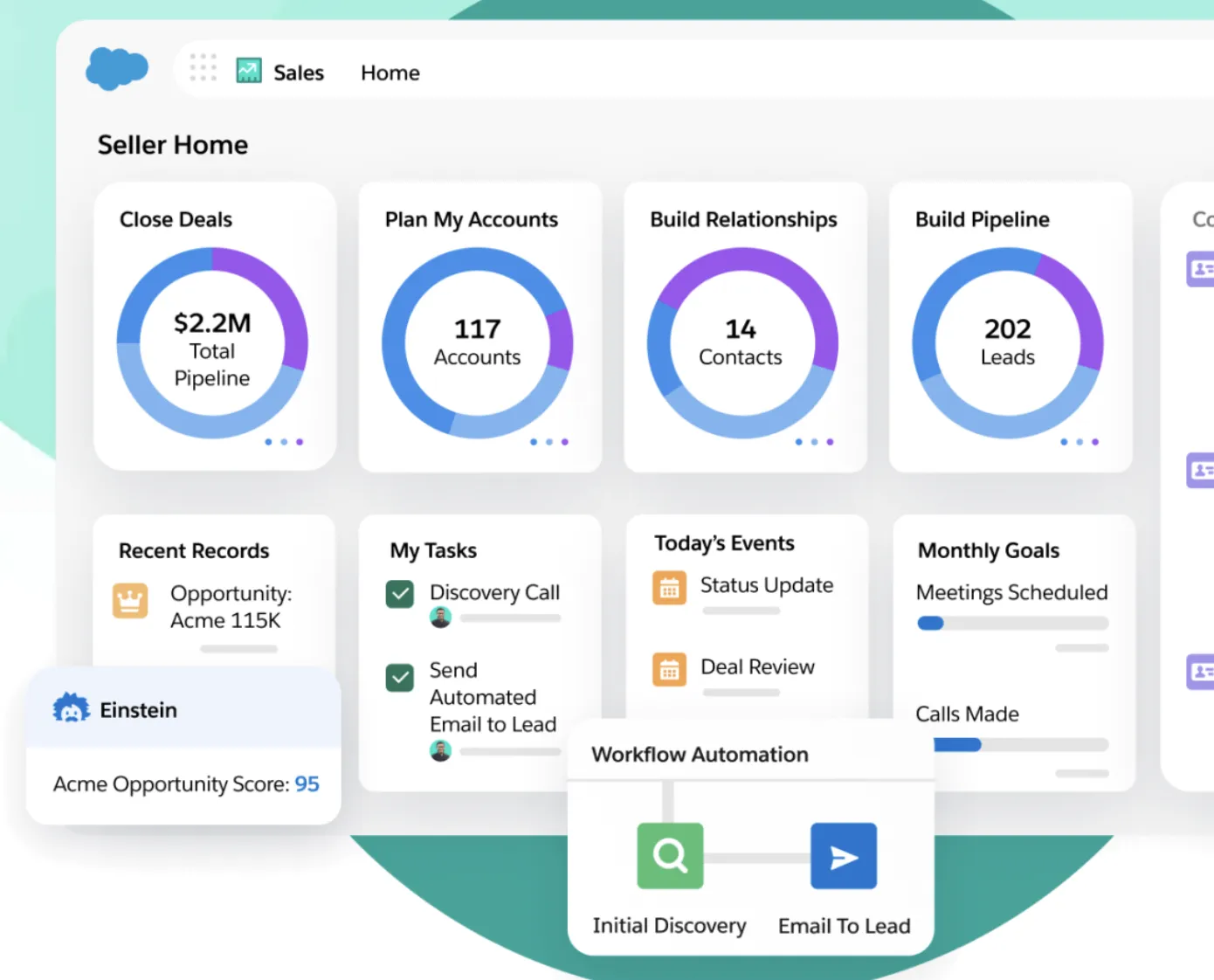
2. Service Cloud
Built for support teams andcontact centers.
- Same pricing as Sales Cloud
- Adds ticketing, case management, knowledge base tools
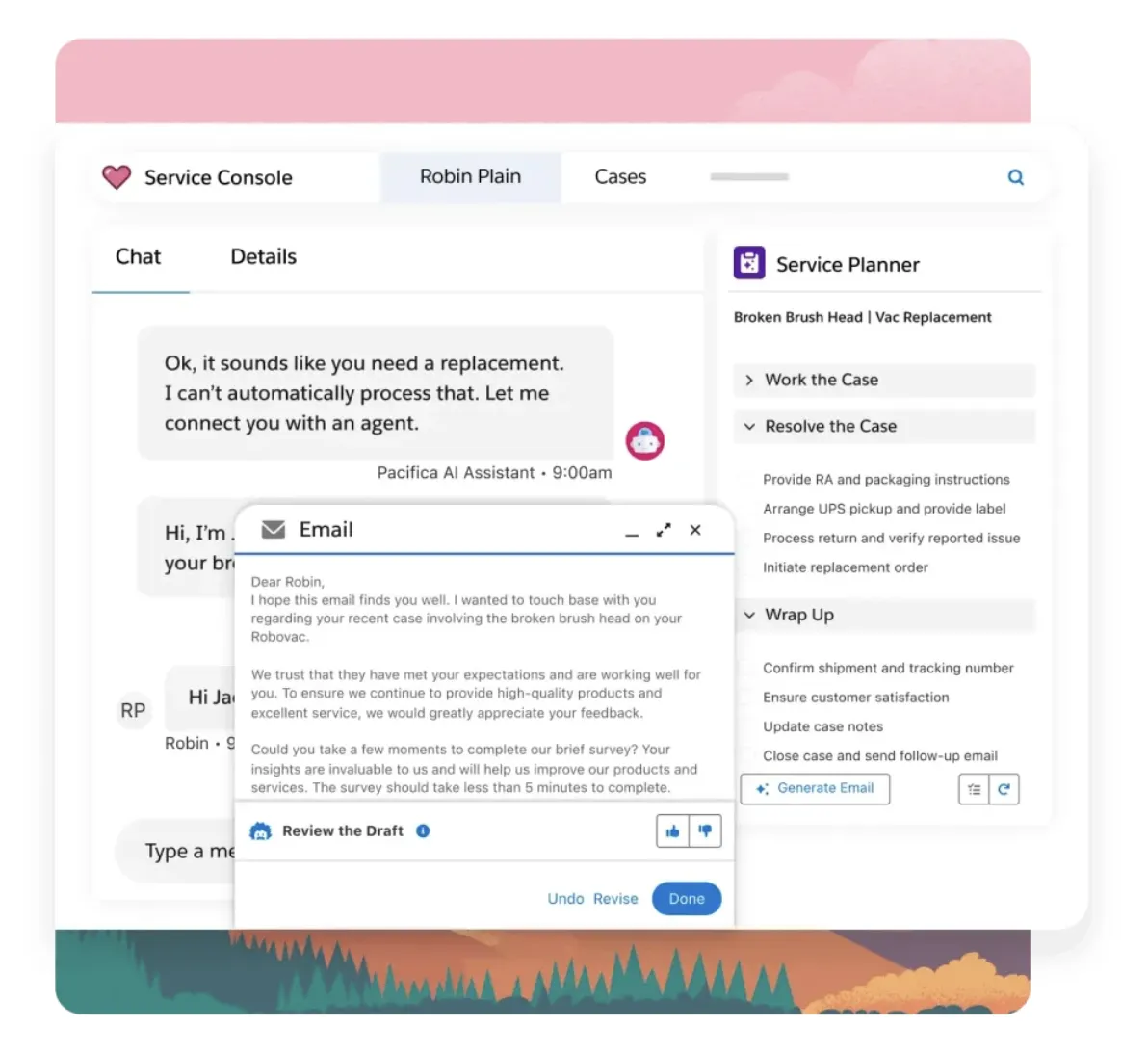
3. Marketing Cloud
Used for email campaigns, customer journeys, and automation. Pricing is custom based on contacts and volume, but often starts around $1,250/month and can easily scale past $5,000/month.
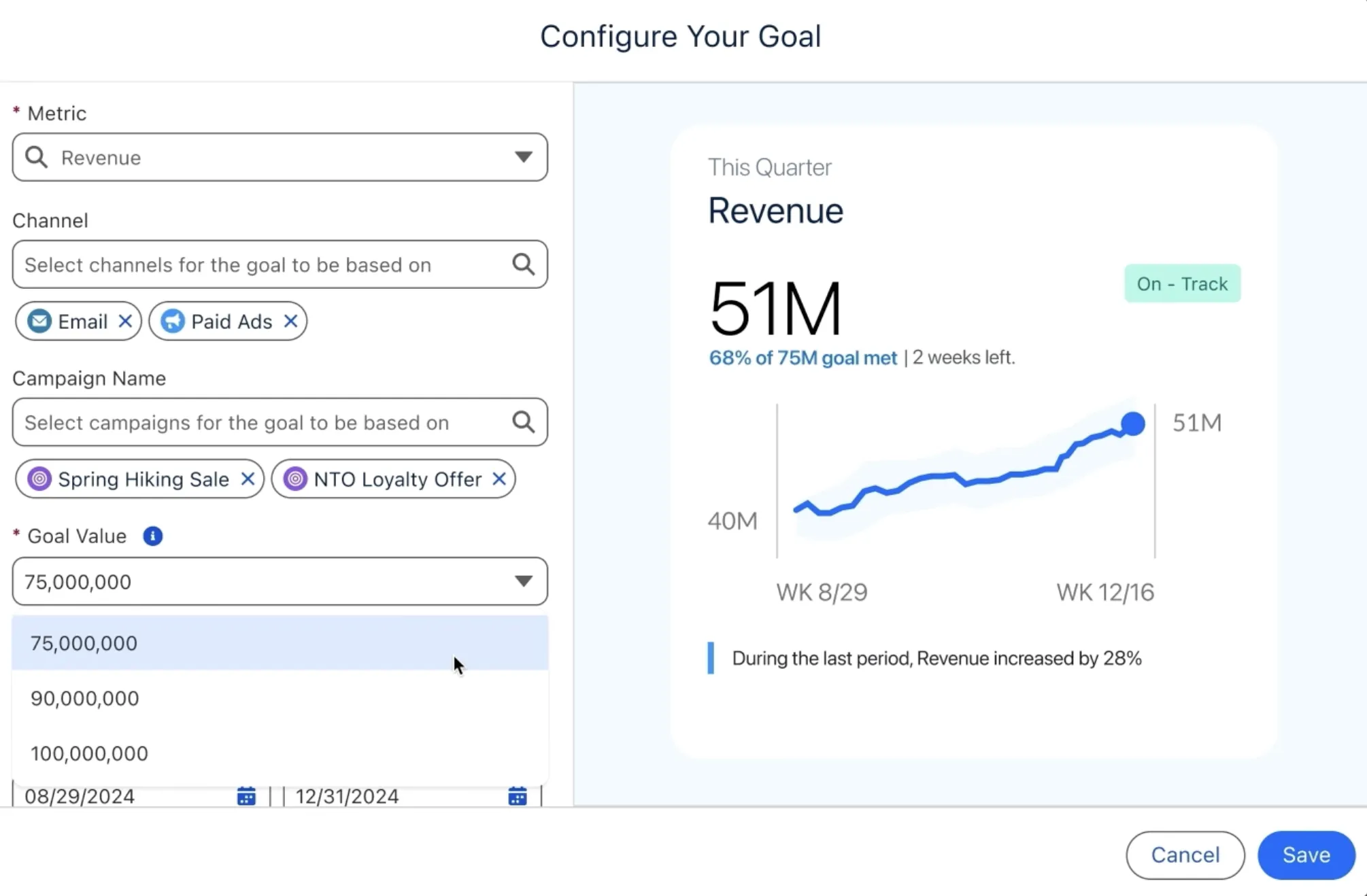
4. Commerce Cloud
Salesforce’s eCommerce platform for B2C and B2B. Also custom priced, typically based on GMV (gross merchandise volume).
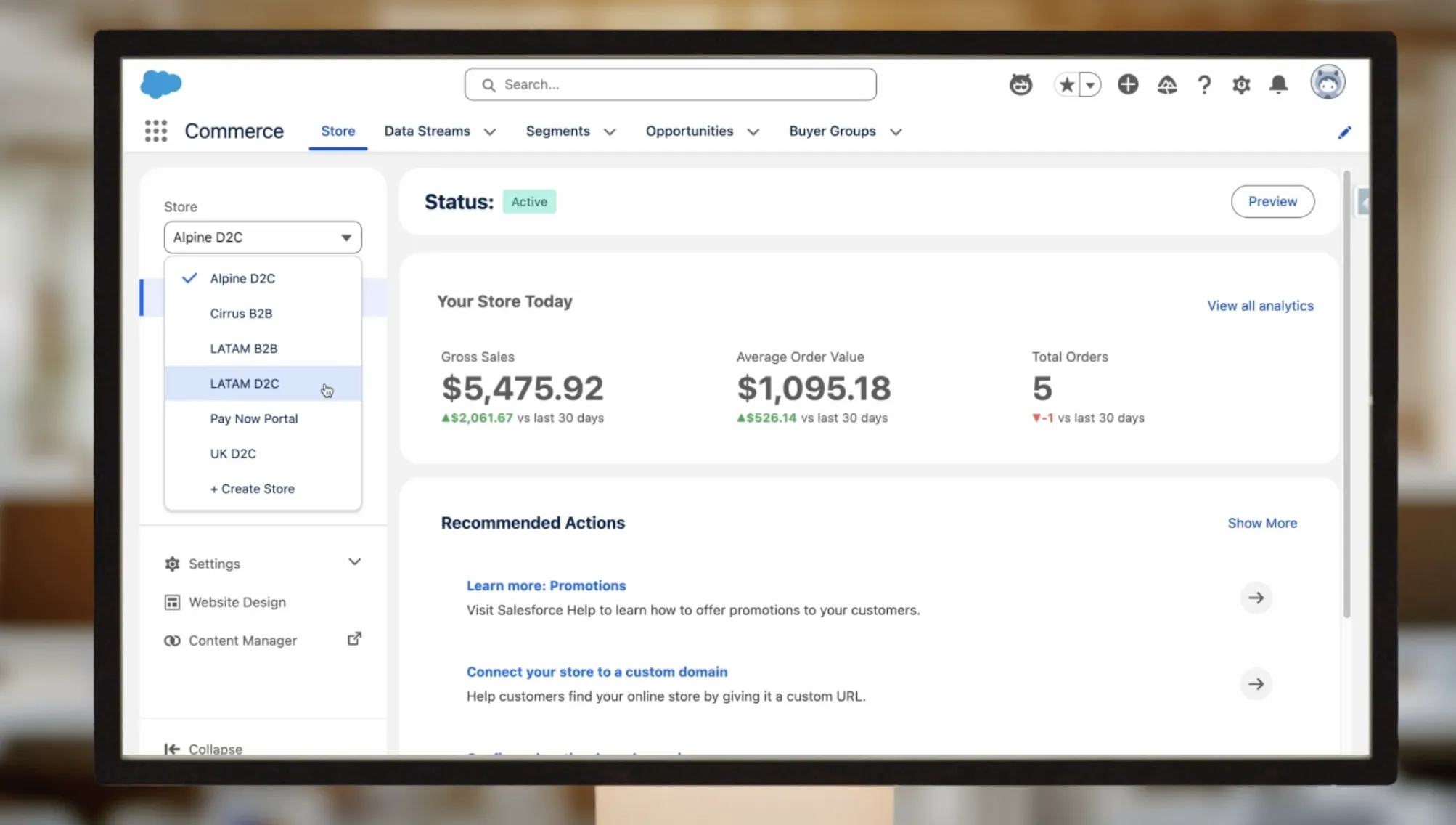
5. Platform Starter and Plus
For businesses wanting to build custom apps on Salesforce without going all-in on Sales or Service Cloud.
- Starter: $25/user/month
- Plus: $100–$200/user/month depending on features
6. Salesforce Starter Suite
Aimed at small businesses, includes Sales + Service + Marketing basics.
- $25/user/month
- Great starting point for solopreneurs or very small teams
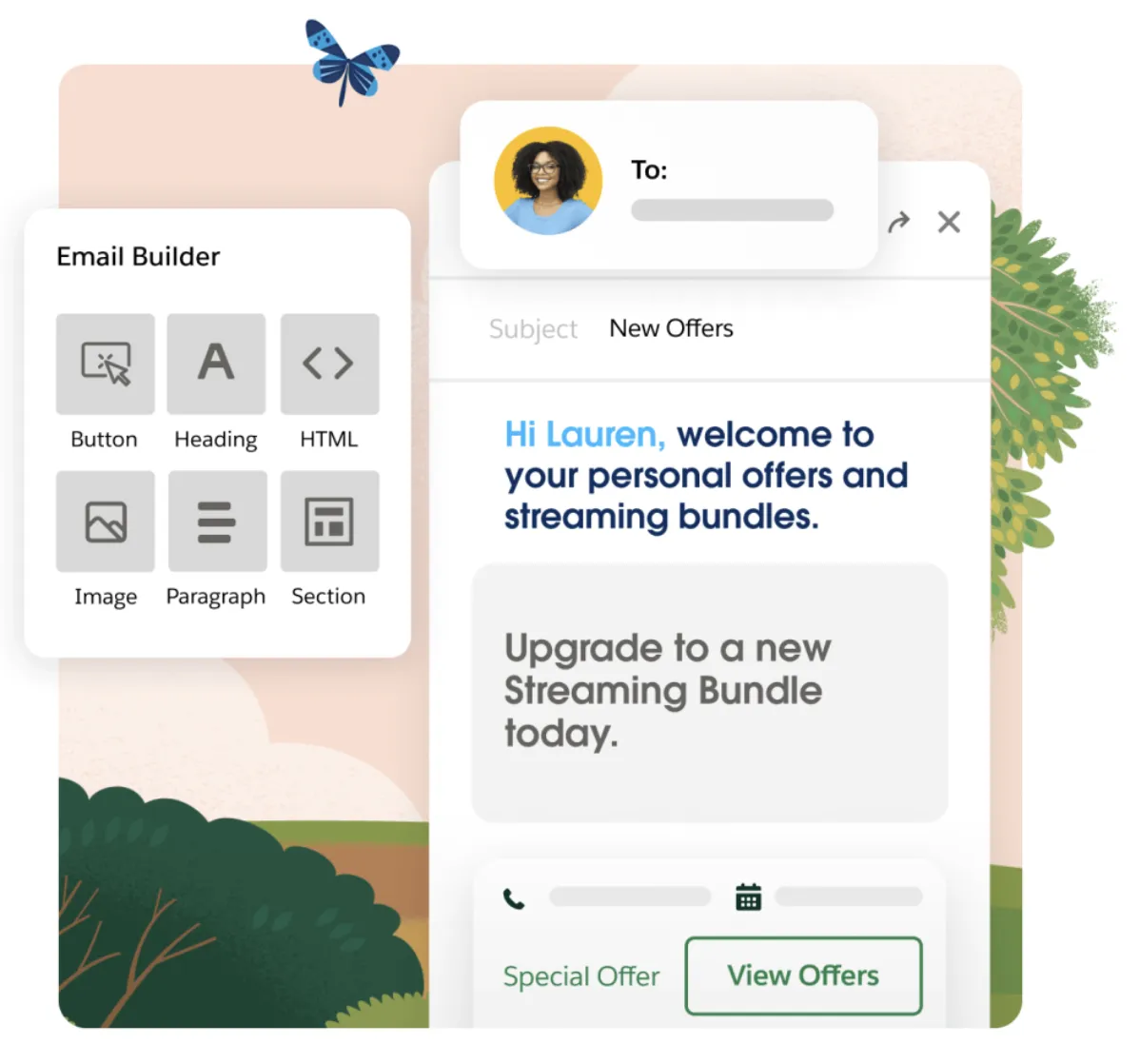
Hidden costs, common pitfalls and add-ons that can inflate your bill
Salesforce isn’t just expensive — it’s layered. Many small businesses underestimate the total cost because they focus only on the license fees. But here’s where things can get unexpectedly pricey:
- User minimums: Many Salesforce plans require a minimum number of seats. You might only need three users, but be forced to buy five.
- Implementation services: Unless you’re tech-savvy or have a team in-house, you’ll likely need a Salesforce-certified partner to help with setup — and that can cost thousands, sometimes tens of thousands.
- Training time: Salesforce has a steep learning curve. Expect to invest in training hours or external consultants, especially for non-technical teams.
- Annual renewal surprises: Salesforce contracts usually auto-renew and can increase in price annually. Many customers are caught off guard by renewal terms or unexpected upgrades.
- Mandatory add-ons: Need automation workflows, API access, or advanced reports? These are often restricted to higher-tier plans or require extra licensing, and can include:
- AI (Einstein GPT, Einstein Analytics): Often priced separately or only available on Enterprise+ tiers. Einstein 1 Sales is available starting at $500/user/month.
- Extra storage: May be needed if you’re scaling fast
- API calls, developer sandboxes: Essential for integrations or advanced builds
- 24/7 support: Premium support plans can add thousands per year
- Custom domain or security features: Included only in higher tiers
Bottom line: the base price is just the beginning.
Real-world pricing scenarios
Scenario 1: Small sales team (5 users)
Product: Sales Cloud Professional ($100/user)
Cost: $500/month or $6,000/year
Add AI or analytics? Add $50–$100/user/month easily.
Scenario 2: Mid-sized support team (12 users)
Product: Service Cloud Enterprise ($165/user)
Cost: $1,980/month or ~$24,000/year
Need advanced support or sandbox access? Budget 20–30% more.
Scenario 3: SMB with multi-cloud needs (10 users)
Products: Sales + Service Cloud Enterprise ($165 x 2 = $330/user)
Cost: $3,300/month or ~$40,000/year
Add Marketing Cloud? You’re likely over $60,000/year.
How does Salesforce compare to other CRMs?
If you’re considering Salesforce, chances are you’ve looked at other options. Here’s how it stacks up against three popular competitors for SMBs:
|
CRM |
Starting price |
Best for |
Where Salesforce wins |
Where it falls short |
|
Free–$30/user/month |
SMBs wanting easy onboarding |
Sales automation, ecosystem integrations |
Expensive scaling, add-on pricing |
|
|
$14–$52/user/month |
Cost-conscious teams |
Customization, native apps |
UI/UX, steep learning curve for admins |
|
|
$14.90–$99/user/month |
Sales-focused SMBs |
Visual pipeline, intuitive design |
Limited marketing tools, fewer integrations |
|
|
$25–$330/user/month |
Scalable, enterprise-ready teams |
Robust features, AppExchange ecosystem |
Costly, complex setup, overkill for some |
Salesforce stands out for sheer power and flexibility, but its value depends on how much of it you actually use. For many SMBs, lighter CRMs may deliver 80% of the benefit at 20% of the price.
Is Salesforce worth the cost?
For large teams with complex workflows and deep integration needs, Salesforce is often worth it. It’s powerful, customizable, and built to scale. But for small businesses, it can be overkill — especially if you’re not using most of the features.
Consider Salesforce if:
- You’re a mid-to-large organization with high growth
- You need deep customization, robust reporting, and integrations
- You have a dedicated team to manage the system
It might not be the best fit if:
- You’re a solo founder or very small team
- You don’t need advanced automation or workflows
- Your budget is tight and simplicity is key
There are dozens of CRM alternatives with flat-rate pricing, strong core features, and faster setup times.
Expert tips: How to save on Salesforce
If you’re sold on Salesforce but wary of the price tag, here are a few ways savvy teams reduce their spend:
- Start with fewer users: Assign licenses only to those who need full access. Use shared inboxes or view-only users for others.
- Use platform licenses: Some users (e.g. admins or fulfillment staff) may only need Platform access — cheaper than full cloud seats.
- Negotiate renewals: Salesforce pricing isn’t always fixed. Many customers negotiate lower rates during renewals or contract changes.
- Explore AppExchange: Free or low-cost third-party apps can replace expensive add-ons.
- Track usage: Periodically audit who’s actually using what — and cancel unused seats or features.
Even within the Salesforce ecosystem, small tweaks in licensing and setup can add up to thousands in annual savings.
